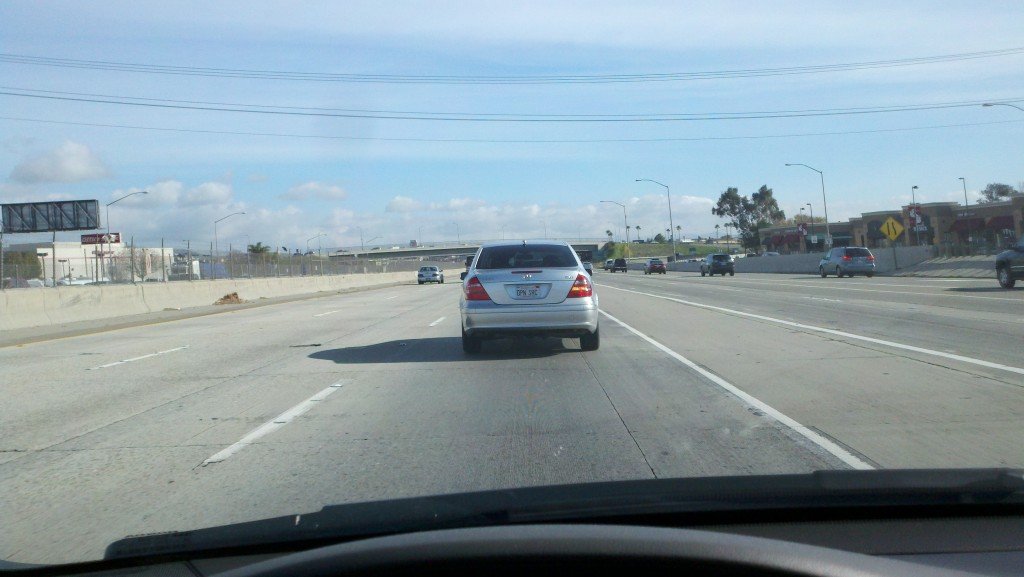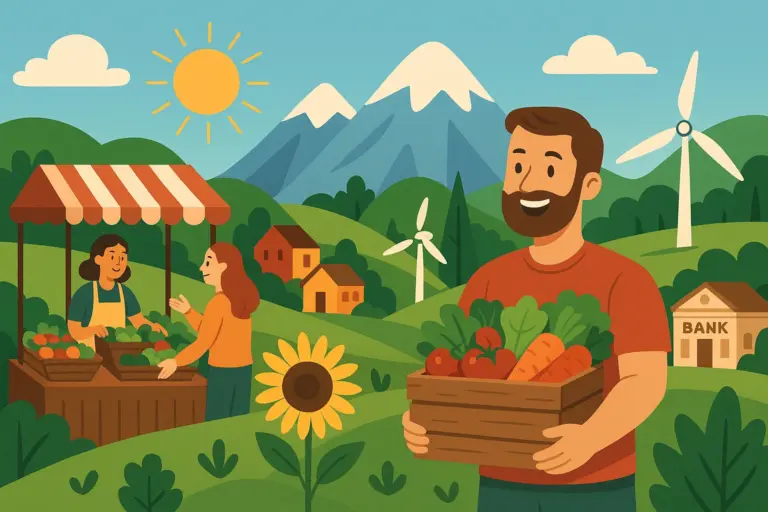I've always thought about getting the license plate of "PERSON" but this one is just awesome (zoom in by clicking the picture above).
Evan’s 4th Birthday Cake
My nephew Evan turns 4 tomorrow. My sister made him a ghost cake (must have been a request from him). I must say, my sister has always been the designer of the family. Wow!
Lindsey Wildlife Museum
Christina and I took Tyler to the Lindsay Wildlife Museum today. Well actually I think Christina took Tyler and I, not exactly sure who liked it more.
The Economics of Happiness
Exploring how localization might be the key to both environmental sustainability and personal well-being The Economics of Happiness examines the hidden costs of globalization and the benefits of localization For some reason, I'm fascinated with people's "happiness" — what creates it, what diminishes it, and how our economic systems influence our collective sense of well-being. When I first saw the trailer for "The Economics of Happiness," I knew I had to watch the full documentary...
Strongman Trailer
A man strong enough to bend a penny with just his fingers, stainless Steel reaches middle age, career disappointments and difficult personal relationships that begin to test his strengths and force him to struggle with the weaknesses around him - including his own. Written by Zachary L
My 2011 Resolutions
My 2011 Resolutions A Focus on Happiness and Creation My 2011 resolutions this year aren't going to be my typical resolutions. Here are my 2009 and 2010 resolutions. Not that I haven't done this in years past, but in 2011 I'm going to focus on continuing to just being happy. If something doesn't make someone happy, chances are they won't do it. At work I create themes for each year and I think I said...




